First, assess the seriousness of the wound, and then apply light pressure to stop any bleeding
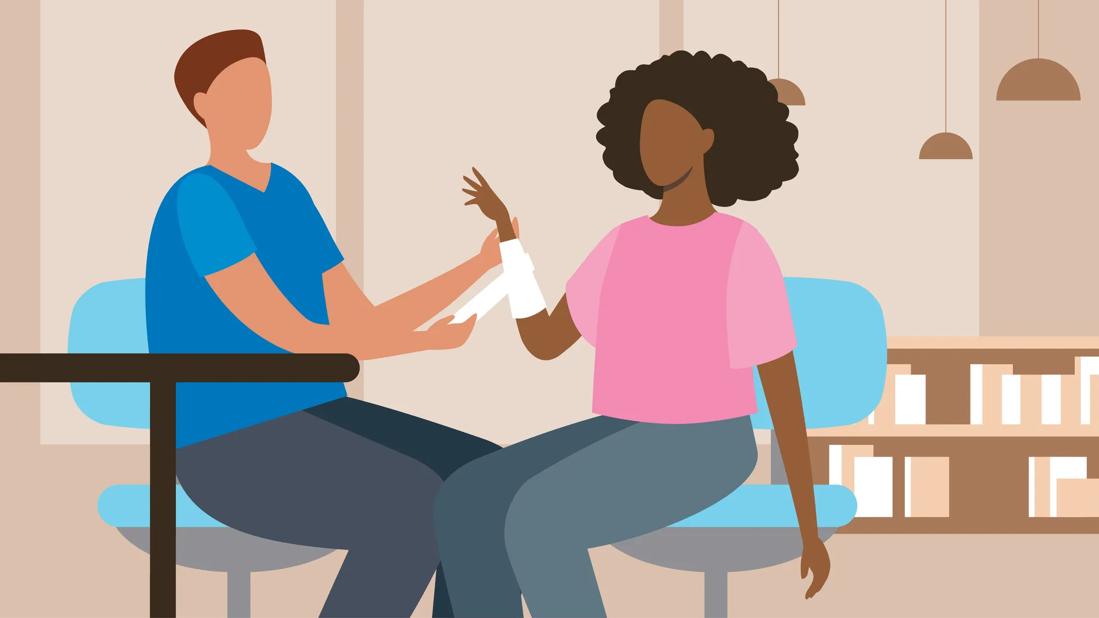
Wounds come in different shapes and sizes. And some need more care than others. If there’s any risk of infection or you can’t stop bleeding, you should see a healthcare provider or seek emergency medical care right away. But other wounds may be able to be treated at home.
Advertisement
Cleveland Clinic is a non-profit academic medical center. Advertising on our site helps support our mission. We do not endorse non-Cleveland Clinic products or services. Policy
Certified nurse practitioner Evan Minior, CNP, shares which wounds can be taken care of at home and when you should seek medical help.
The first thing you should do is assess the seriousness of the wound. If it’s a superficial wound like a minor scrape or cut, you should be able to take care of it at home.
In general, you should seek emergency care if:
Assessing the seriousness of the wound is an important step. If it’s particularly deep, for example, you may need stitches or surgical treatment. If you’re unsure whether your wound is concerning or not, it’s always best to be cautious and see a healthcare provider in case it’s worse than it appears. If you’re caring for a burn, you may require more immediate care and different levels of treatment.
Once you’ve quickly assessed the damage, you should act fast to reduce the risk of infection by following these steps:
If at all possible, you want to avoid touching an open wound until you’ve washed your hands thoroughly. This important step minimizes the risk of bacteria transferring to the wound and causing an infection.
Advertisement
Minor scrapes and cuts usually stop bleeding on their own. But if you have a more serious wound, you want to carefully apply pressure to the area until the bleeding stops or until you can seek medical attention. Using a clean and sterile cloth or gauze, gently press on the wound and elevate the affected area to help stop the bleeding. If you continue to bleed through the gauze or cloth, leave the wound covered and place another clean cloth on top. Continue applying pressure while you seek medical attention.
Do not use rubbing alcohol or hydrogen peroxide. These can further irritate the wound and delay the healing process. Instead, use a washcloth, mild soap and warm water to clean around the wound. Then, irrigate the wound by gently rinsing it in clear, warm running water.
If there’s any obvious debris (like small pebbles or splinters), remove it gently with clean tweezers. Anything larger that can’t be removed should be seen by a medical professional. Don’t pick at the wound or pull off any frayed or damaged skin. That can cause you more pain, further damage the skin around the wound and delay the healing process.
You don’t need this for minor scrapes or cuts, but applying over-the-counter antibiotic ointments or creams can keep your skin moist and prevent infection as more serious wounds heal.
If you have a minor scrape or cut, let it air out. You don’t need to bandage it. But larger wounds may need to be covered with sterile bandages, gauze or saran wrap to protect them from further infection. “Bandages are helpful tools for keeping your wound clean,” says Minior. “They also help maintain a moist environment that promotes healing. But that doesn’t mean you should put on a bandage and not take it off.”
To help the healing process, your provider may prescribe a dressing regimen to keep the wound clean and free of infection.
Remove the bandage or dressing at least once a day to clean the wound. Once it’s been irrigated and cleaned, apply a new bandage. In more complicated wounds, like pressure sores, you may have to wash out the wound two to three times a day to help prevent infection. “People think that irrigating wounds can lead to infection, but that’s just not true,” clarifies Minior. “The best way to prevent infection is by washing it out more frequently — the solution is dilution.”
Remember, if you can’t stop bleeding or you assess that you have a serious wound, see a healthcare provider right away. You should also see one if you notice any signs of infection, like:
Advertisement
“If a clinician has treated your wound but your condition hasn’t improved in 90 days, you should consider getting a second opinion, possibly with a surgeon or wound care specialist,” advises Minior.
Advertisement
Learn more about our editorial process.
Advertisement

If the area is bleeding a lot or the wound is near your face or genitals, you likely need a specialist’s care

Clean hands, sanitized tweezers and a soaking tub are key to removing some shards of glass
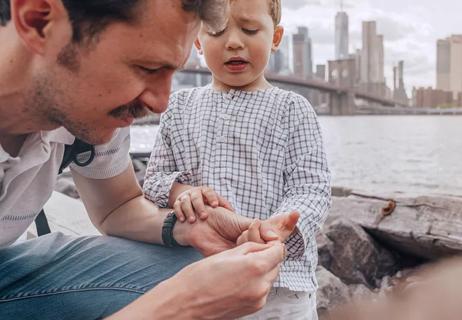
The best tools and practices from a pediatrician
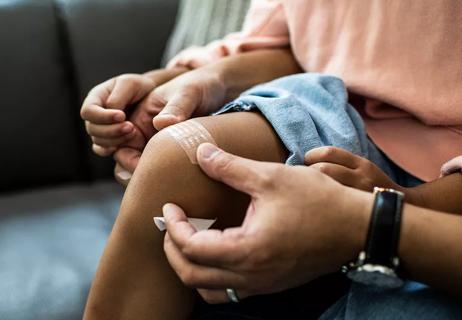
Quick action and proper care can make a big difference
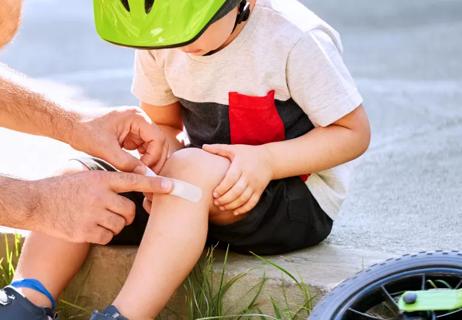
The short answer from a plastic surgeon
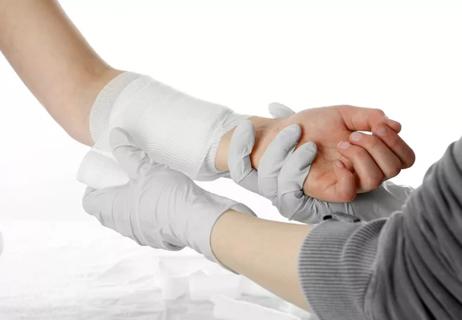
Three common causes of chronic wounds

There’s no way to stop a heart attack on your own — call for help immediately

They can feel similar, but the differences matter — especially if you’re at higher risk for complications

Wearing a scarf, adjusting your outdoor activities and following your asthma treatment plan can help limit breathing problems

Your diet in the weeks, days and hours ahead of your race can power you to the finish line

When someone guilt trips you, they’re using emotionally manipulative behavior to try to get you to act a certain way